A CLIMATE-SUPPORTIVE APPROACH
![]()
Ancient wisdom resonates with today's challenges
In the heart of the Mediterranean region, where the largest European delta formation occurs between mountain and valley, Montsià and Baix Ebre, between the Ebro and Via Augusta, lies a land filled with traditions and rich history, including the vanished 'cultura mixta'.
The art of companion planting olives, grapes, figs, pomegranate and various Mediterranean herbs has a rich history spanning over 3000 years, influenced by the Phoenicians, Greeks, Romans, and the Moors. These civilizations and many others recognized the mutual benefits of intercropping these plants.
This mixed culture reflects the harmony and diversity between humans and nature.
One of the most striking features of this tradition is the terraced farming. This construction technique not only utilizes the natural slope of the land but also ensures optimal water management throughout the entire year, which is essential for the majestic and monumental olive trees that adorn the landscape.
The terraces, built and enriched with organic material over centuries, contribute to the soil's richness, creating a fertile environment for sustained growth.This age-old practice exemplifies the wisdom of utilizing natural interactions to create sustainable and thriving agricultural ecosystems.
The harvest of these olive trees is an art in itself. The traditional method of hand-picking olives and immediately collecting them ensures they remain in the best possible condition. These olives are then pressed in an eco-certified mill, where every drop of oil captures the essence of the tree. While these traditional methods are labor-intensive and time-consuming, they are indispensable. They respect the delicate balance of nature and prevent the landscape from being marred by modern techniques.
It's astonishing to think that these methods have been in practice for over 3000 years. The modern vision of the past 80 years has introduced new challenges to the balance of quality and sustainability, particularly in places where large-scale production has become the focus.
However, La Terra Eterna is committed to upholding these ancient traditions. By employing techniques rooted in millennia-old practices, we aim to preserve the unique olive trees that have stood the test of time, spanning centuries to millennia. This ensures that their distinctive taste and identity can be cherished by all who value and appreciate life for many more millennia to come.
This ancient agricultural practice continues to thrive, creating harmonious and sustainable ecosystems in Mediterranean landscapes ... across borders and diverse cultures ... creating a growing conscious community among us all.
![]()
Agricultura seca
Sustainable through efficient water usage.
Throughout history, great cultures have employed the practice of building terraces on mountainslopes, not due to a lack of space, but for a more intelligent purpose. These terraces offer numerous benefits.
Firstly, they prevent soil erosion by effectively controlling water runoff. Secondly, they create flat, arable land, allowing for efficient cultivation of crops. Moreover, terraces optimize water retention, ensuring the availability of moisture for plants.
However, the greatest advantage of terraces lies in their ability to enable year-round cultivation. Unlike traditional agriculture that relies solely on rainfall, riverbanks or irrigation during the wet season, terraces provide a controlled and consistent water supply, allowing for a continuous growing season.
This revolutionized agriculture, increasing food production and sustaining communities throughout the year. The practice of building terraces reflects the ingenious and forward-thinking approach of ancient civilizations in harnessing the land's potential for sustainable cultivation ... and a home for many generations!
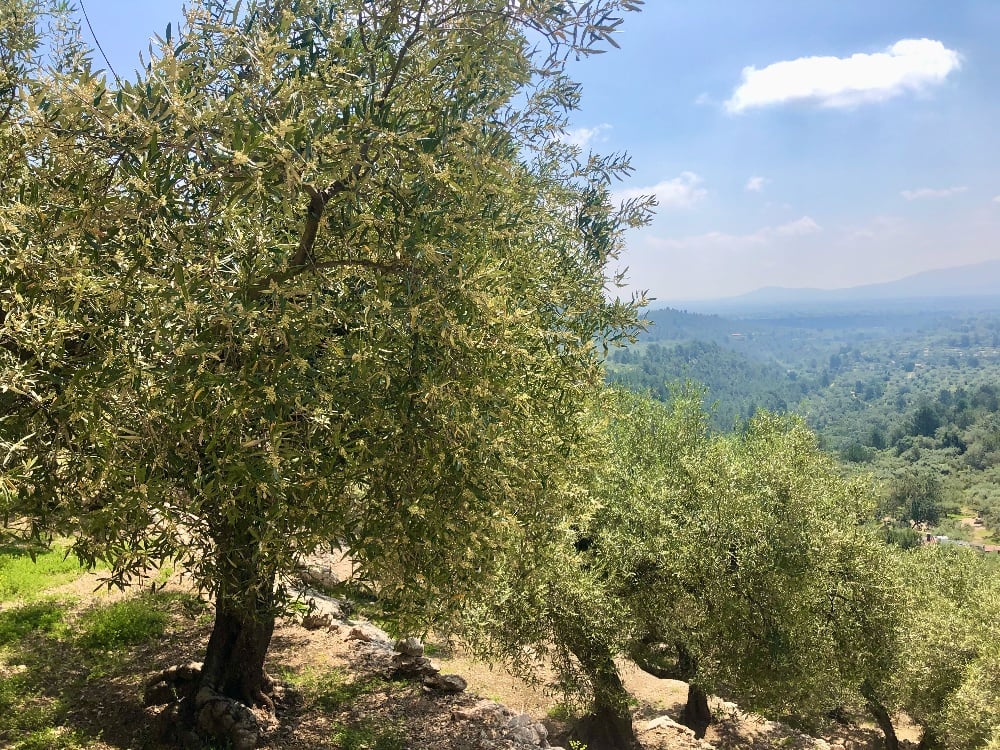
.jpeg?width=1200&length=1200&name=WhatsApp%20Image%202023-11-02%20at%2009.09.01%20(1).jpeg)
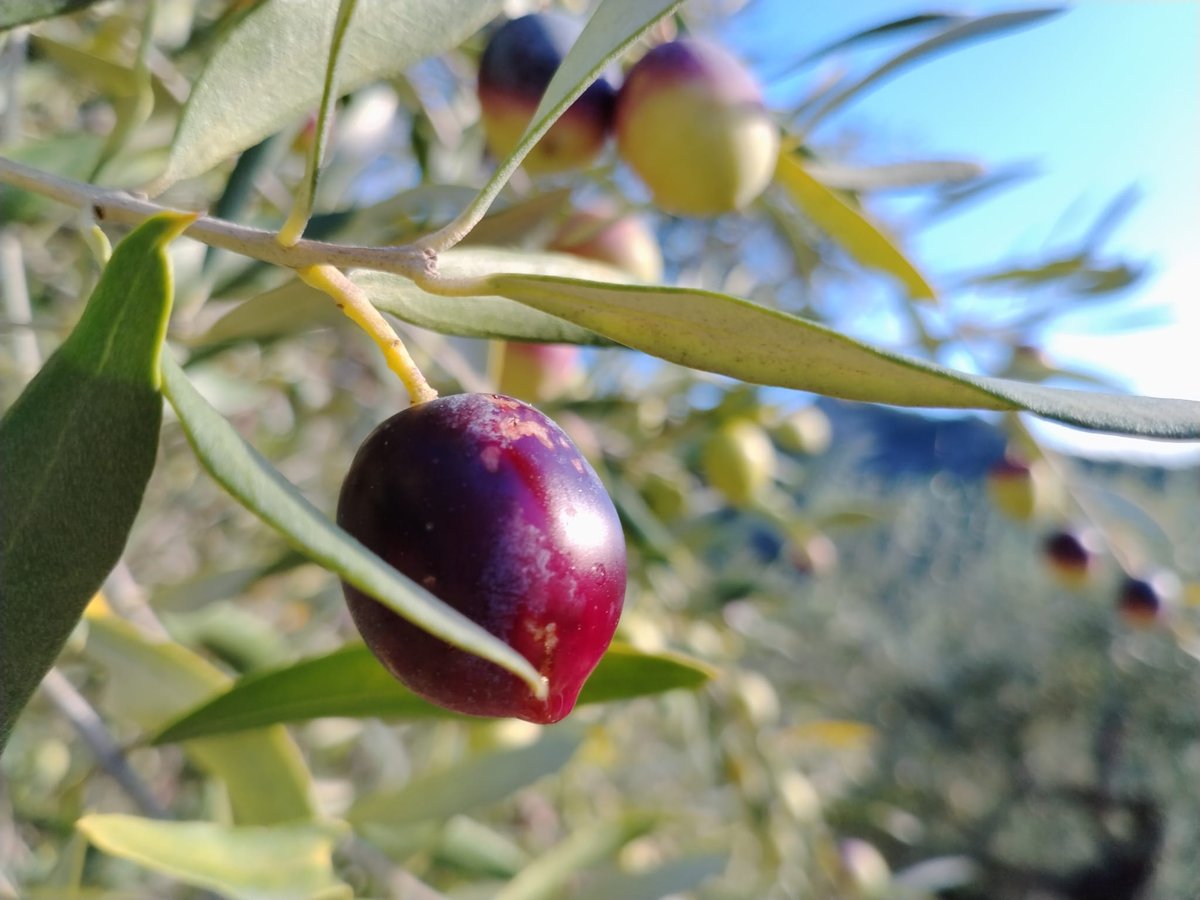
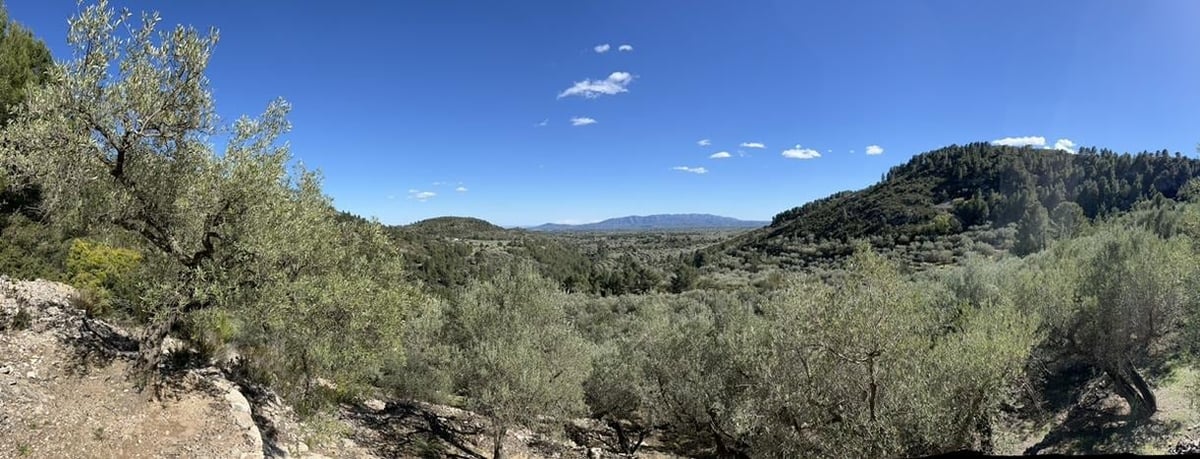
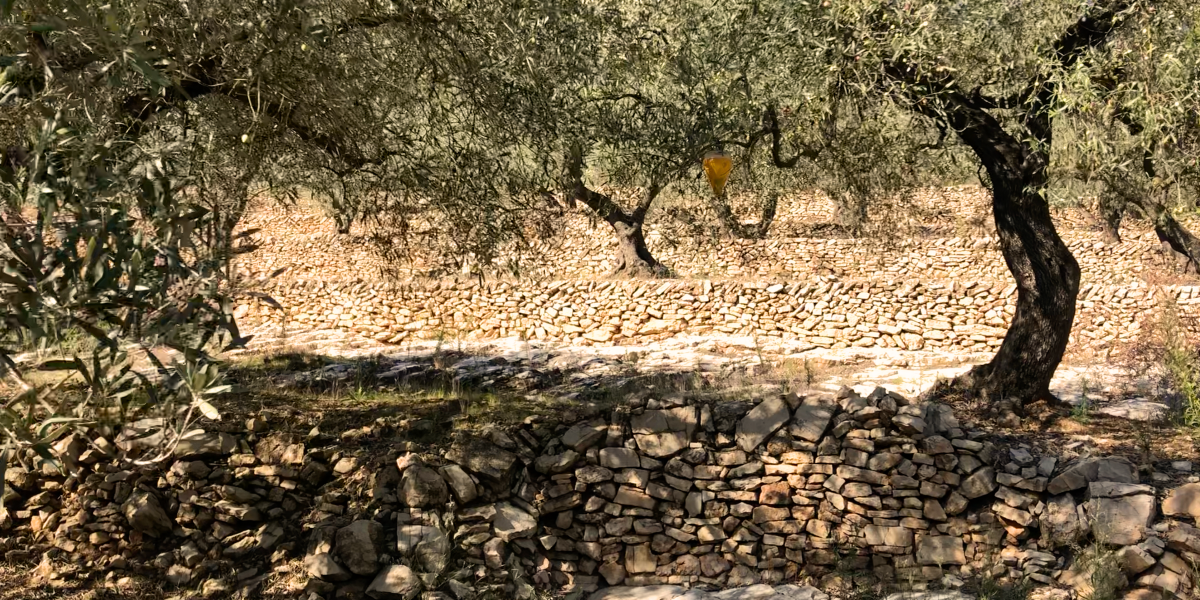
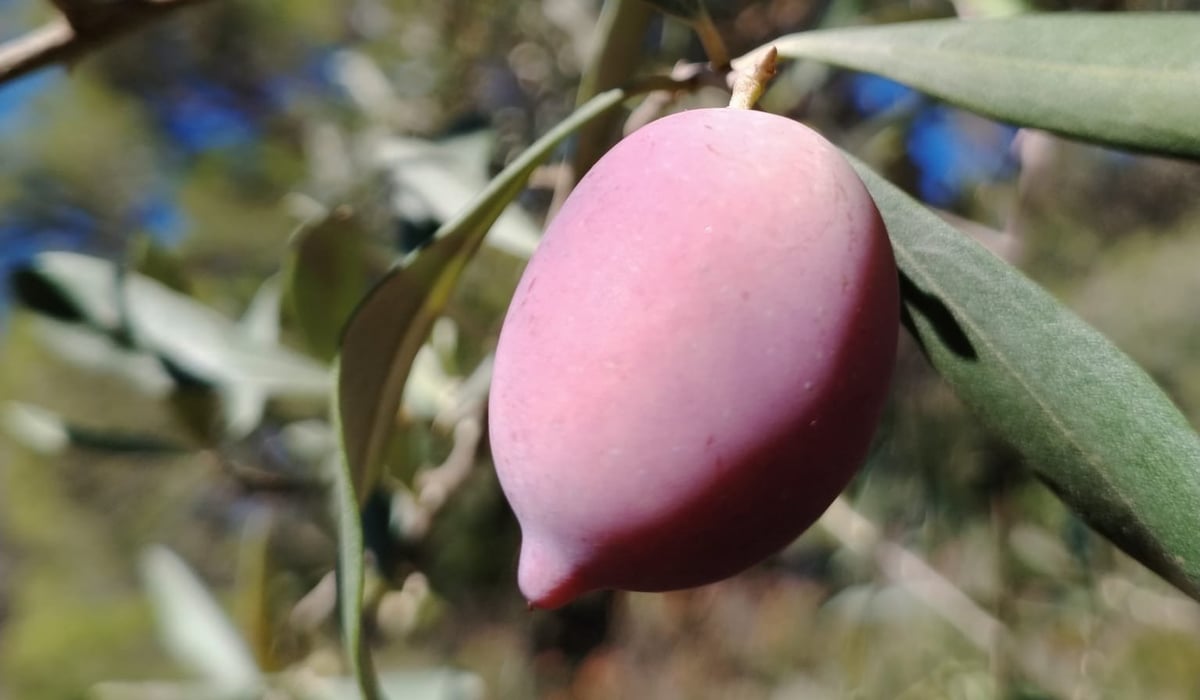
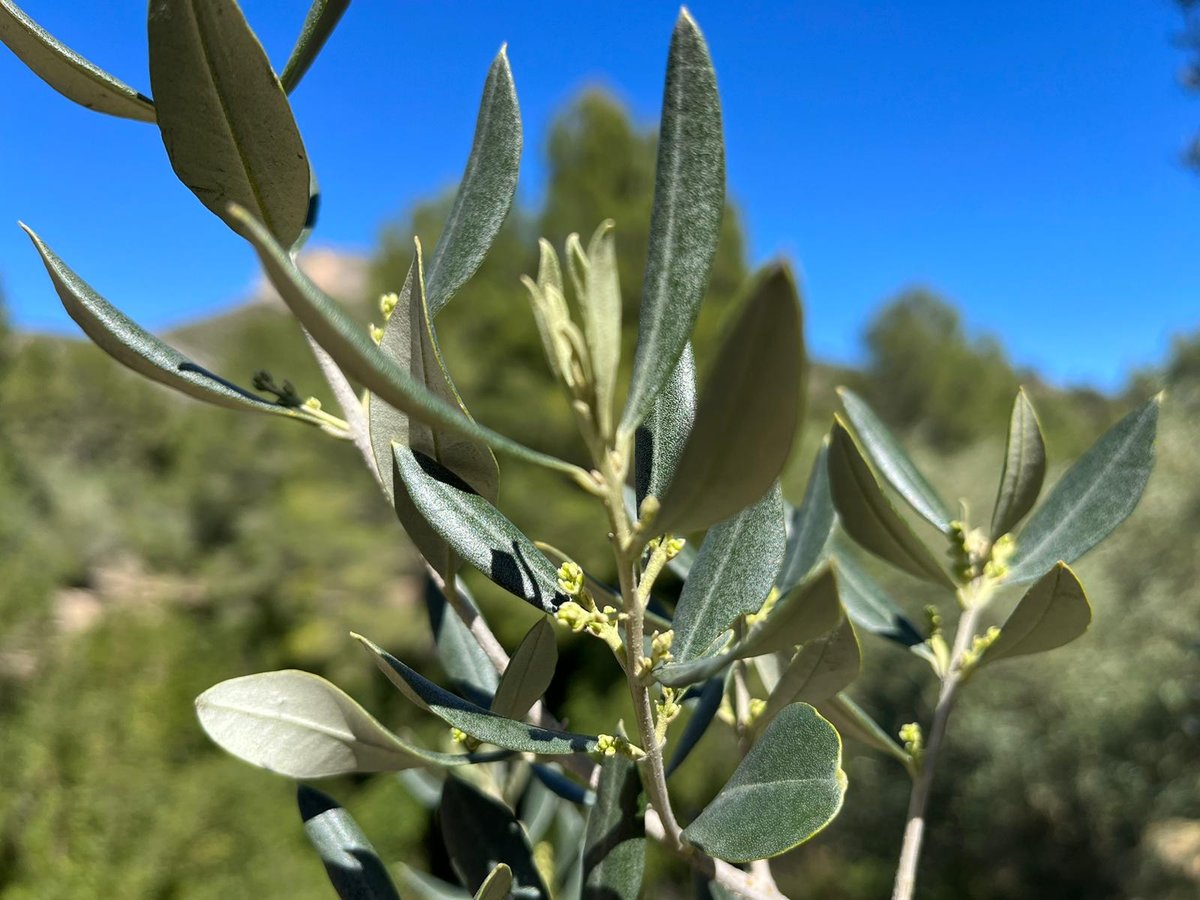
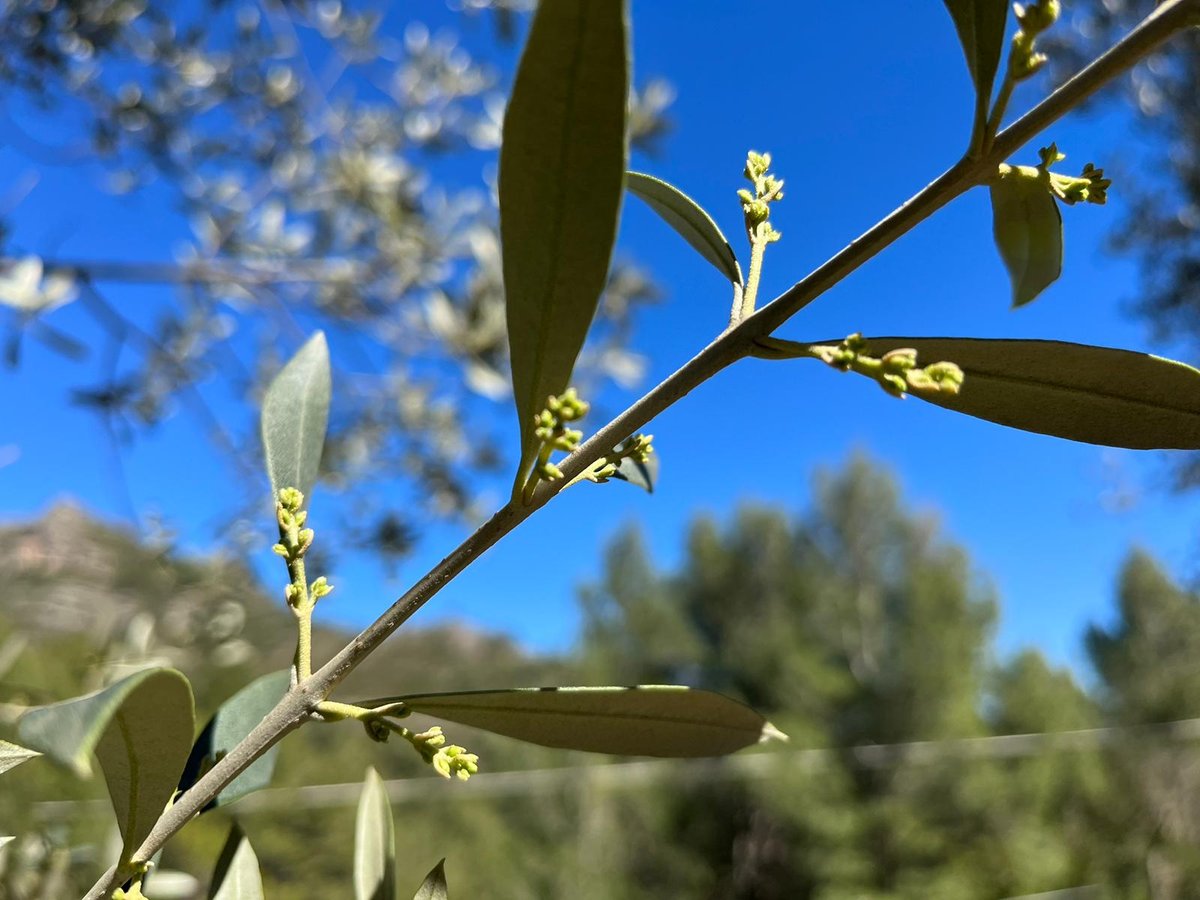
-1.jpeg?width=1200&length=1200&name=WhatsApp%20Image%202023-11-02%20at%2009-54-41%20(1)-1.jpeg)
-1.jpeg?width=1200&length=1200&name=WhatsApp%20Image%202023-04-03%20at%2020-39-12%20(1)-1.jpeg)
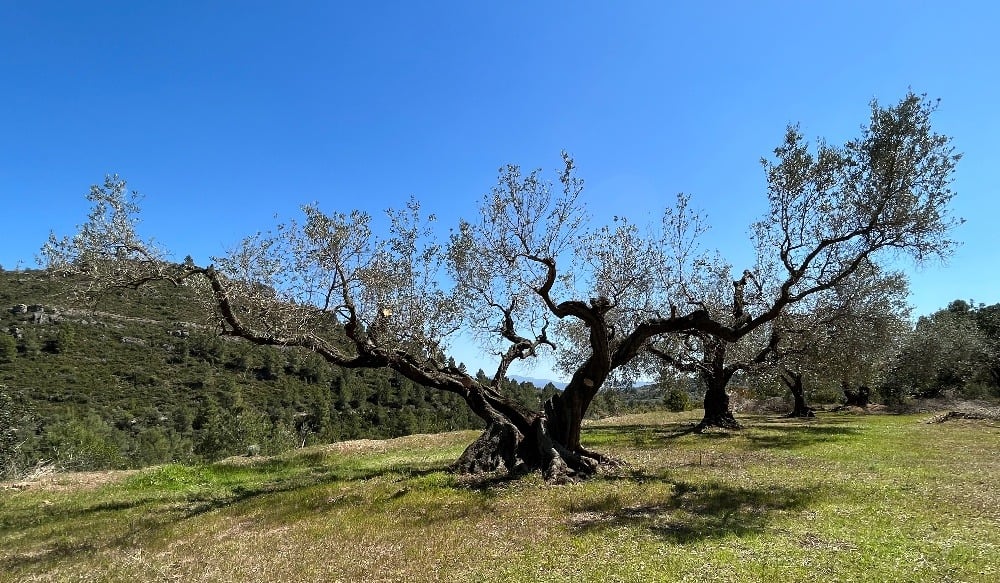


-3.png)

.png?width=250&name=Ontwerp%20zonder%20titel%20(11).png)
